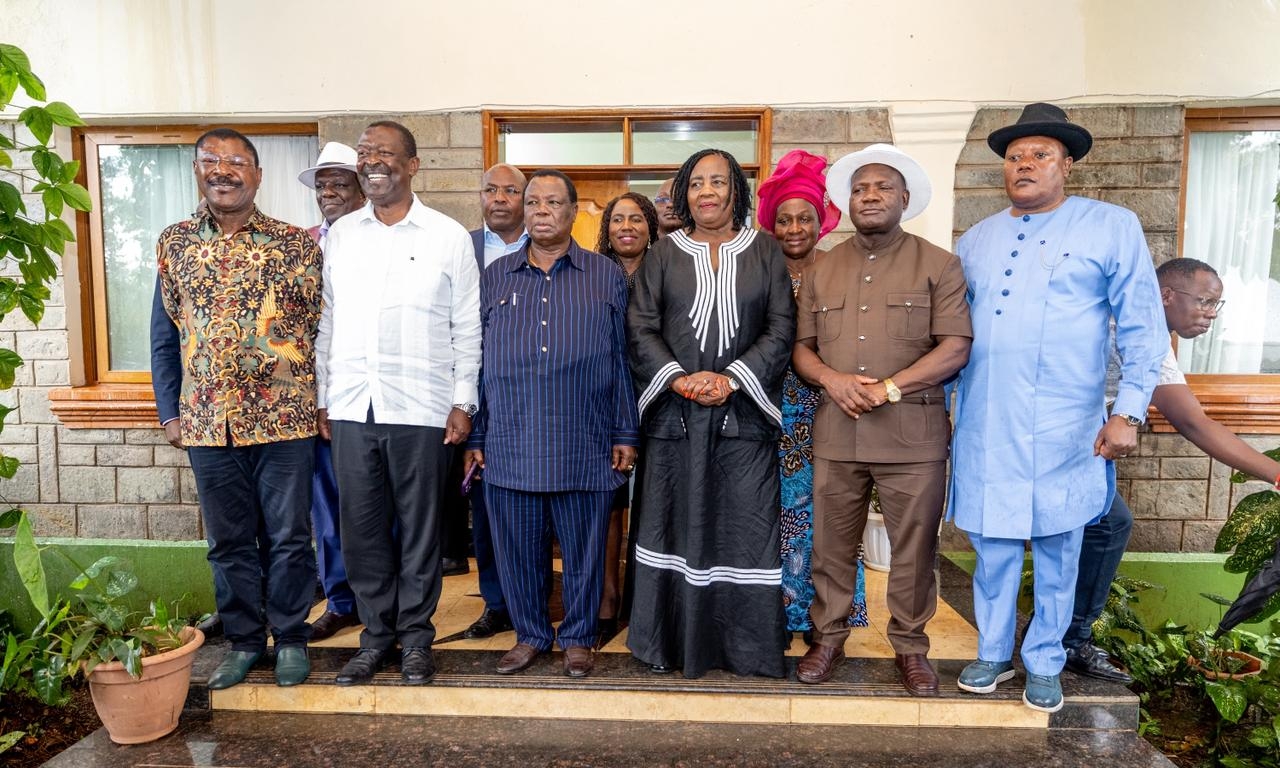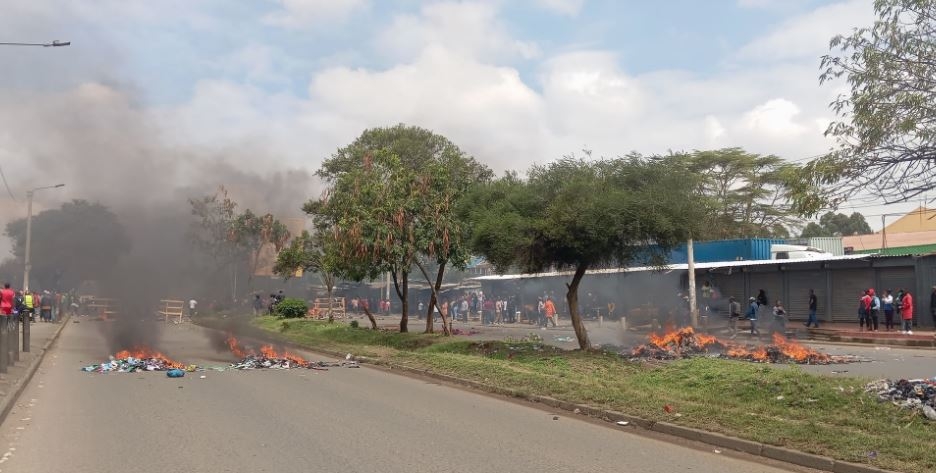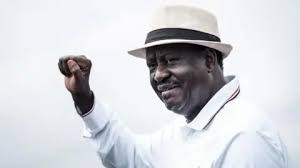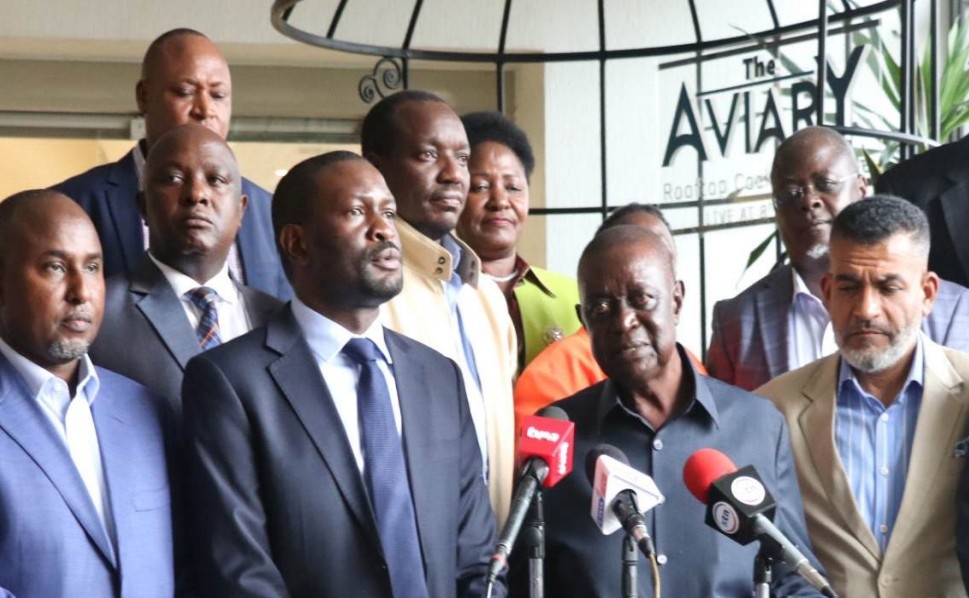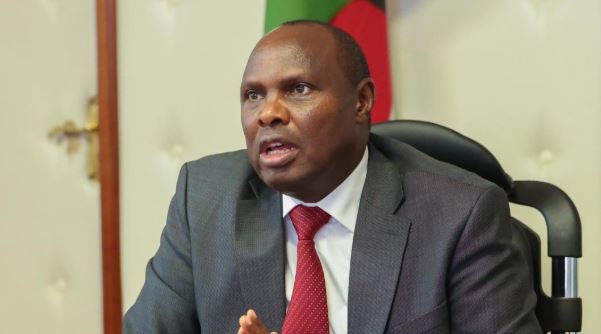A new report has painted a grim picture of how climate change affects security of Africa.
The Africa Climate Security Risk Assessment report analyses interlinkages between climate change, peace and security.
“Eastern Africa is experiencing several devastating conflicts presenting major security challenges to the region. To a large extent, these have been triggered by ethnic and resource-driven communal conflicts, and have been exploited by armed groups and political elites.”
It was launched on August 27 during the Africa Union Consultation on the development of a common position on climate change, peace and security meeting in Nairobi.
The report cites natural resource completion, livelihood and food insecurity, maritime security, changing human mobility and rise of armed groups as some of the challenges.
It warns that air temperatures across East Africa are likely to rise by 1.7-3.9 degrees celsius by 2080, relative to the pre-industrial period.
“The largest temperature rise is expected to occur in northern Sudan and northern Kenya, with comparatively lower temperature rise across large areas of Uganda, southern Kenya and along the coasts of Kenya, Somalia and Tanzania,” the report says.
It says the complex relationship between climate change and security is compounded in settings where violent conflict already exists and climate hazards have aggravated instability.
While climate change does not cause violent conflict directly, there is growing evidence that the complex interaction with pre-existing dynamics intensifies conflict drivers.
This is by creating new and worsening existing fault lines between and within states and societies.
Kenya’s Permanent Representative to the UN Gertrude Angote said there is need to give climate change, peace and security the attention it deserves.
“The intersection of climate change, peace and security is increasingly being recognised at the global level yet it remains underrepresented in formal negation process,” she said.
The report urges AU member states to devise novel, innovative and forward learning approaches to prevent and address conflicts and effectively manage the complex challenges of climate security risks.
It says sea levels are projected to rise averagely by around 35 centimetres and 43 centimetres across Eastern Africa coastline by 2080 compared to the year 2000.
The coastline of Southern Somalia will be affected by rising sea levels, although Kenya and Tanzania are also at high risk.
The report says discontent from communities arising from loss of livelihoods and food and nutritional insecurity can undermine people’s trust in state authorities and trigger social unrest and political instability.
Protracted conflicts impede access of vulnerable groups to essential services and markets.
It says as communities face economic difficulties, they may either migrate or turn to other economic activities such as charcoal production.
Charcoal has become an important source of energy and economic revenue for many communities affected by conflicts and environmental hardships such as droughts.
It has provided a steady source of income for non-state armed groups such as al Shabaab, feeding into insecurity challenges in Eastern Africa.
Charcoal is also a major driver of deforestation and environmental degradation.
The report says vulnerability of East Africa’s food security to global shocks has been evident in light of significant global events in recent years.
“From a security perspective, hike in food prices can have politically destabilising effects in Eastern Africa, in addition to humanitarian impacts,” it says.
The report warns of escalating pressure on fish stocks, coastal disaster hazards and water insecurity among other challenges.
The Intergovernmental Authority on Development regional strategy 2021-2025 is well positioned to mobilise political will and facilitate cooperation in addressing shared conflict and climate risks through its specialised institutions that have climate risk analysis and conflict prevention mandates, it says.
Horn of Africa Initiative, Consultative Group for International Agriculture Research, Drylands Learning and Capacity Building Initiative has programmes that seek to address conflict.
Countries in Eastern Africa have also implemented policies and strategies that aim to address the drivers of climate-related security risks.
It says some of the policies and strategies are gender, climate and conflicts.
Africa Group of Negotiators is in the process of coming up with key priorities ahead of another round of climate talks scheduled for November.
The group, led by Kenya’s Special Envoy on Climate Change Ali Mohamed, will push for the adoption of the New Collective Quantified Goal on Climate Finance.
Kenya’s Permanent Representative to the UN Gertrude Angote said Africa is least responsible yet continues to bear some of the most severe weather events.
“The intersection of climate change, peace and security is increasingly being recognised at the global level yet it remains underrepresented in formal negation process. This gap needs to be addressed to ensure Africa receives the attention it deserves,” Angote said.
“Africa is calling for the adoption of a new goal of finance with a quantum of $1.3 trillion (Sh67.4 trillion) with a clear share of public grants.”
She read the priorities on behalf of Ali during a three-day consultative meeting by African Union member states at Windsor Hotel.
Parties to the United Nations Framework Convention on Climate Change are set to convene for the climate change negotiations, formally known as COP 29, from November 11 to 22, in Baku, Azerbaijan.



